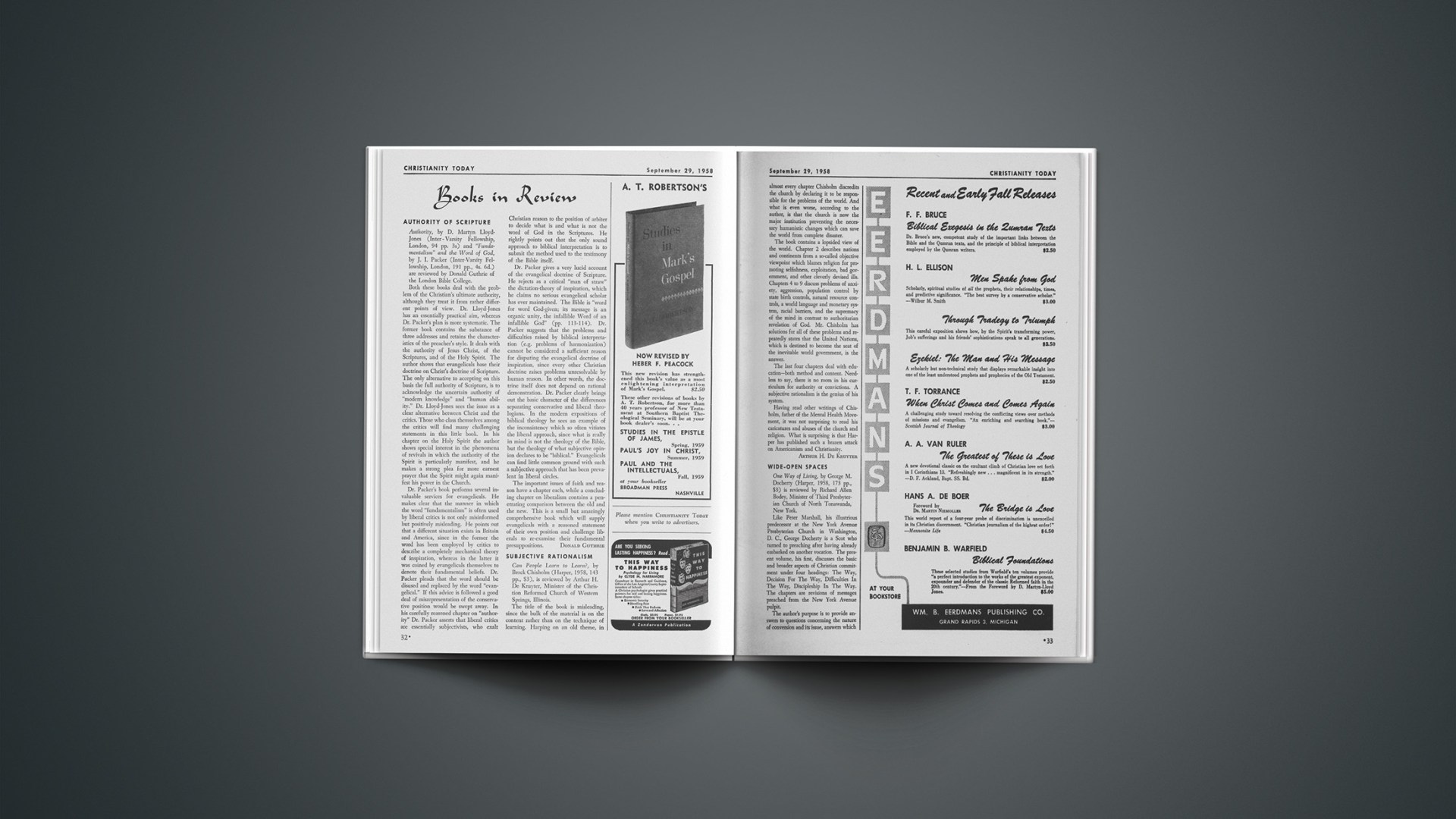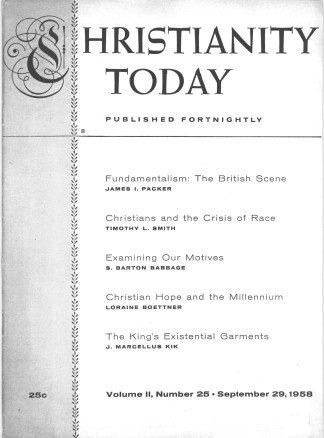Christ hath redeemed us from the curse of the law, being made a curse for us: for it is written, Cursed is every one that hangeth on a tree (Galatians 3:13).
It is no doubt possible by sufficient ingenuity to explain these words away: but their plain meaning is obvious enough. The Lord redeemed us from the curse of the law by taking that curse upon himself. And this was symbolized by the fact that the very death he died was under a curse in the Law.
Redemption
To redeem—(exagorazo)—by payment of a price to recover from the power of another, to ransom, buy off; metaphorically of Christ freeing men from the dominion of the Mosaic law at the price of his vicarious death.
THAYER’S GREEK-ENGLISH LEXICON
The thought of the price that had to be paid for it must not be pushed too far into the background (cf. 1 Cor. 6:20; 7:23, and Rev. 5:9). We must think of this passage in relation to what is said in other places of Scripture about ransoming (Matt. 20:28; 1 Tim. 2:6) and redeeming (“purchasing free”: Titus 2:14). A more particular thought is attached to this redeeming than simply that of the emancipation of a prisoner. At issue here is satisfaction of violated justice, as is evidence from the phrase: from the curse of the law. Behind the imagery employed, there very probably lies the old practice, circumscribed by the Jewish legal code, according to which ransom money could be paid for a forfeited life (cf. Exod. 21:30). According to this line of thought those who were under the curse were to be regarded not merely as prisoners but as persons appointed to die (cf. Deut. 27:15 ff and 30:15, 19). It is from this sentence of death that Christ has redeemed them by himself “becoming a curse” for them.
HERMAN N. RIDDERBOS
Curse Of The Law
“To be made a curse” is a strong expression for becoming accursed; or, in other words, being subjected, by the Divine appointment, to that suffering, the infliction of which sin had rendered necessary for the honour of the Divine character and government—that suffering which is the manifestation of the Divine displeasure at sin. Christ was thus “made a curse” for or in the room of those whom he redeemed from the curse; and this substituted endurance of the curse was the ransom-price by which he redeemed them. It was that, in consideration of which they obtained deliverance—pardon and salvation.
JOHN BROWN
The curse which the law threatens, and which the execution of the law would inflict, is the punishment due to sin. This must mean, that he has rescued us from the consequences of transgression in the world of woe; he has saved us from the punishment which our sins have deserved. The word us must refer to all who are redeemed; that is, to the Gentiles as well as the Jews. The curse of the law is a curse which is due to sin, and cannot be regarded as applied particularly to any one class of men. All who violate the law of God, however that law may be made known, are exposed to its penalty. ALBERT BARNES
This passage (Deut. 21:23) is applied to the death of Christ, not only because he bore our sins and was exposed to shame, as these malefactors were that accursed of God, but because he was in the evening taken down from the cursed tree and buried, (and that by the particular care of the Jews, with an eye to this law, John 19:31) in token that now, the guilt being removed, the law was satisfied, as it was when the malefactor had hanged till sunset; it demanded no more. Then he ceased to be a curse, and those that are his. And as the land of Israel was pure and clean, when the dead body was buried, so the church is washed and cleansed by the complete satisfaction which thus Christ made.
MATTHEW HENRY
This curse culminated in the wrath of God. And here I must take occasion to expose the unbiblical theory prevalent in a certain school of theologians at present, that the element of wrath did not enter into the atonement, and that Christ was in no sense the object of the wrath of God. It suffices to explode such a notion to direct attention to this single phrase, which conveys the opposite thought: Were not men under the wrath of God when they were under the curse? (Gal. 3:10; Eph. 2:3.) And when Christ was made a curse, was he not, in an official respect, of necessity the object of divine wrath? The term used in the text has only to be alternated with the equivalent term, to convince any mind that the theory in question is no better than a neutralizing evasion, if not a contradiction, of Scripture. That curse was the penal sanction of the law with which we were burdened, and from which we must needs be redeemed; and the words will bear no other comment.
GEORGE SMEATON
For Us
All virtue lies in the little words: for us.
MARTIN LUTHER
It seems plain that the huper (for us) must be understood in the substitutive, and not merely in the beneficiary sense. For “the making of Christ a curse” is represented as the ransom by which our “redemption from the curse” has been obtained. The curse was removed from us by being transferred to Him.
THOMAS J. CRAWFORD
After the same manner John the Baptist calleth him, “The Lamb of God, which taketh away the sins of the world.” He verily is innocent, because he is the unspotted and undefiled Lamb of God. But because he beareth the sins of the world, his innocency is burdened with the sins and guilt of the whole world. Whatsoever sins I, thou, and we all have done, or shall do hereafter, they are Christ’s own sins, as verily as if he himself had done them. To be brief, our sin must needs become Christ’s own sin, or else we shall perish forever. This true knowledge of Christ, which Paul and the prophets have most plainly delivered unto us, the wicked sophisters have darkened and defaced.
MARTIN LUTHER
Our sins were imputed to him as to a sacrifice. Christ the just is put in the place of the unjust to suffer for them (1 Pet. 3:18). Christ is said to bear sin as a sacrifice bears sin, Isaiah 53:10–12. His soul was made an offering for it; but sin was so laid upon the victims, as that it was imputed to them in a judicial account, according to the ceremonial law, and typically expiated by them. As a surety, “He was made sin for us” (2 Cor. 5:21), and he bare our sins.
STEPHEN CHARNOCK










